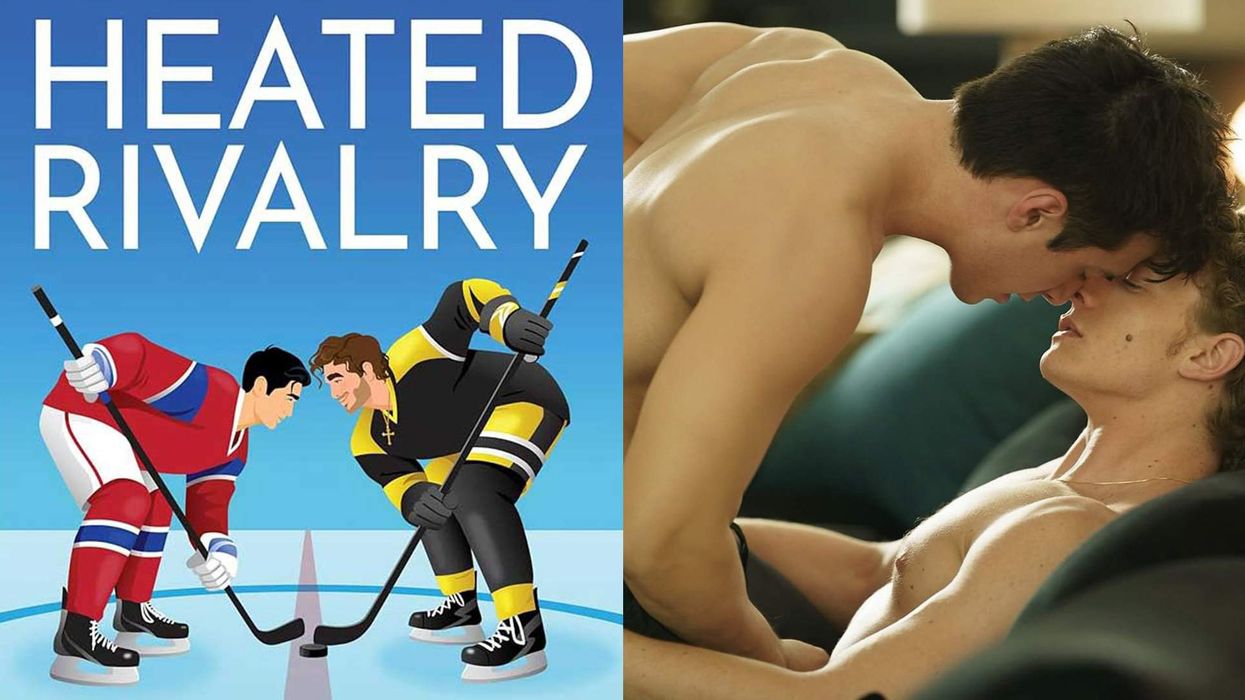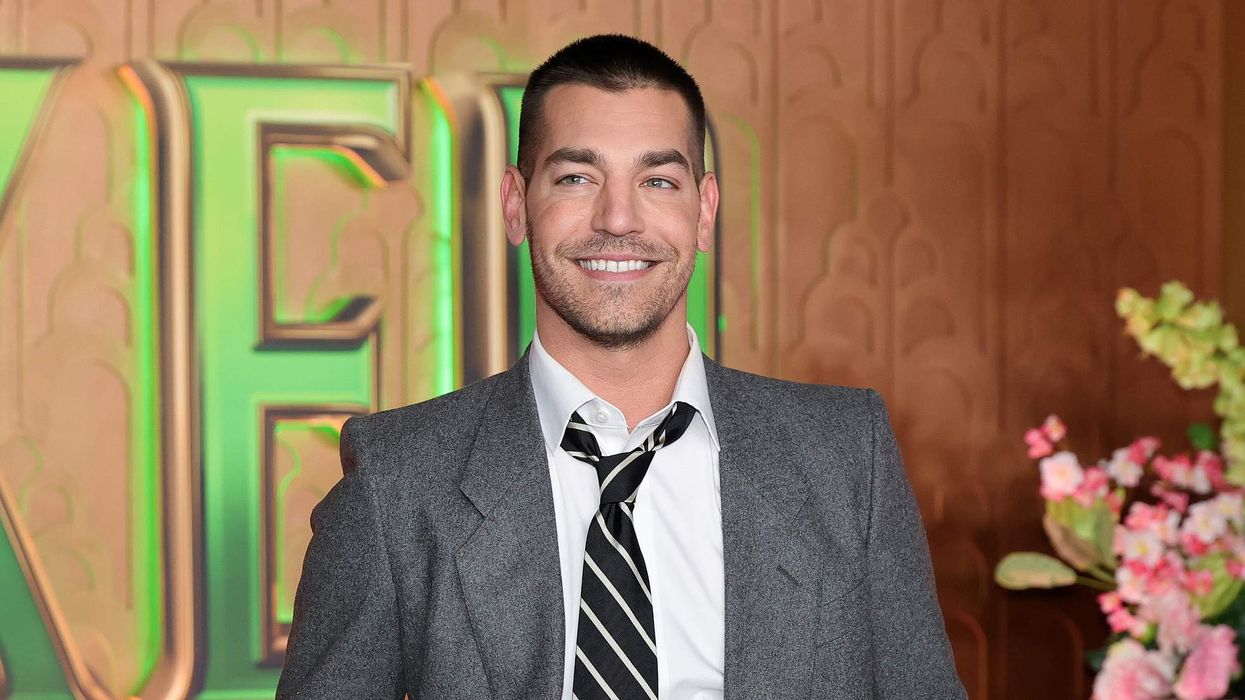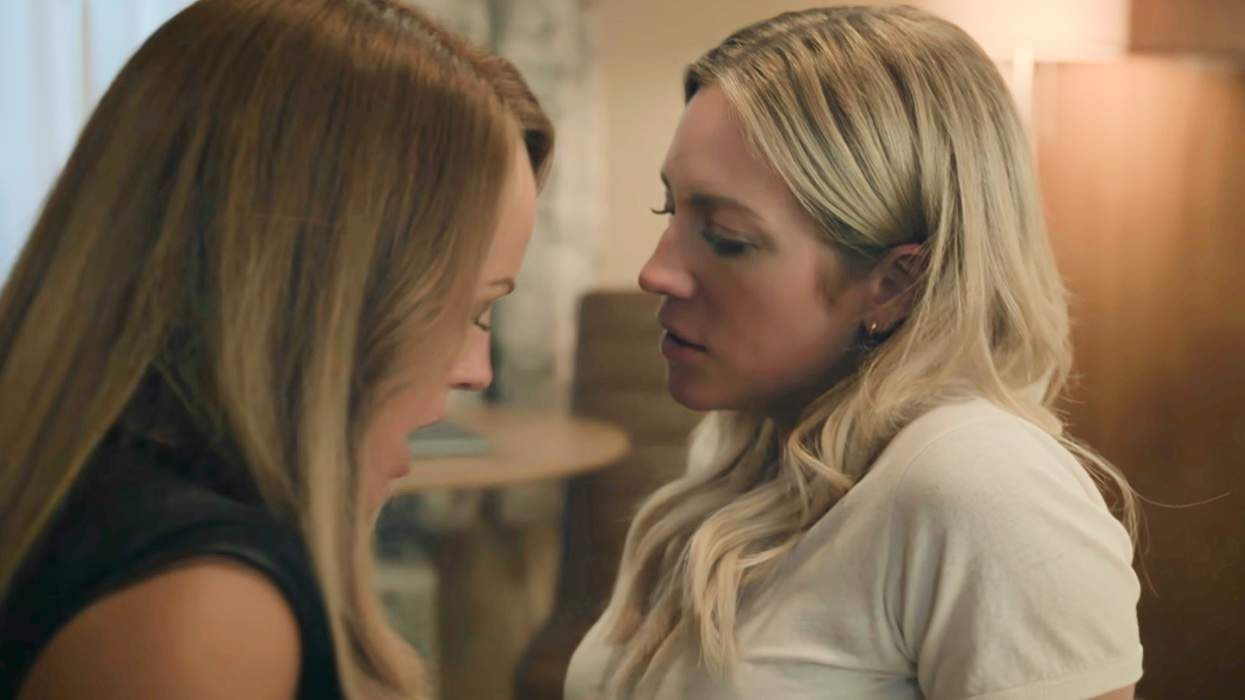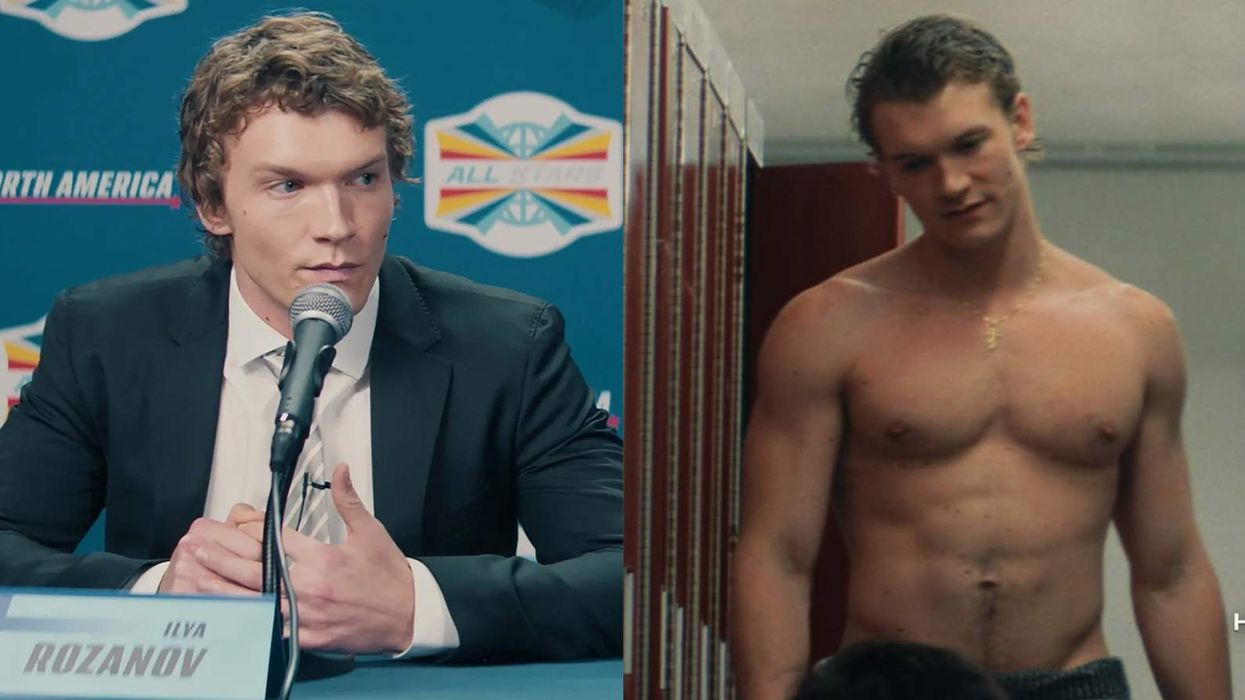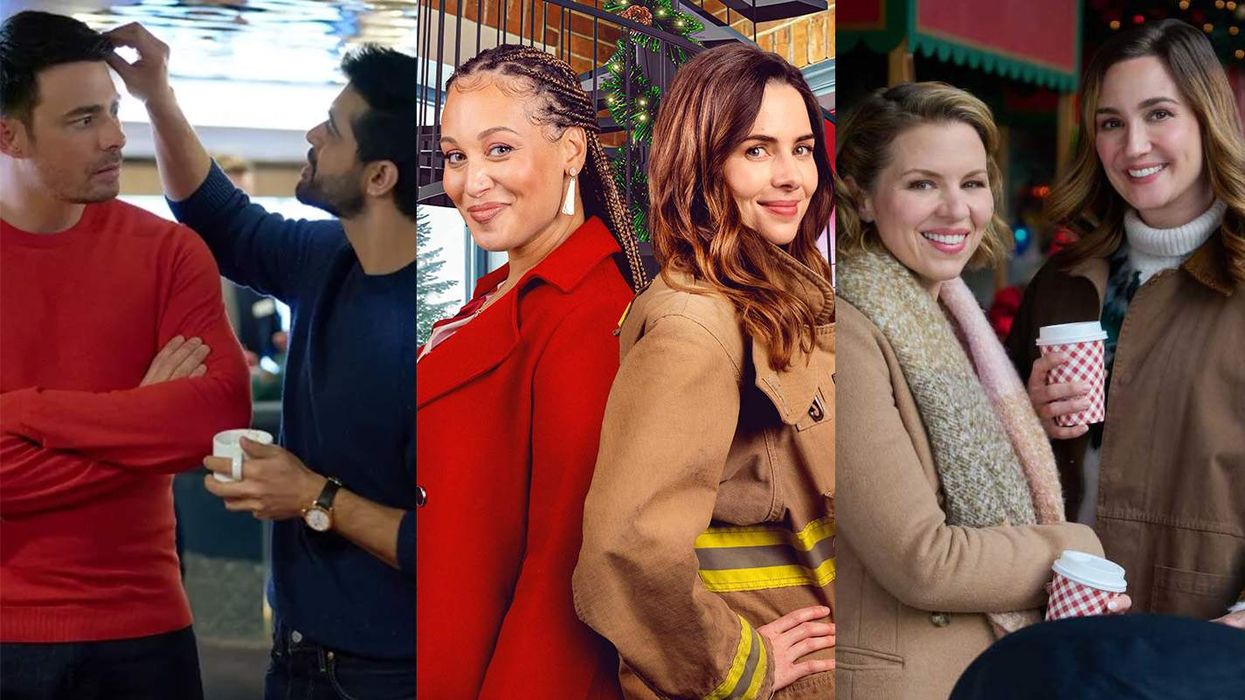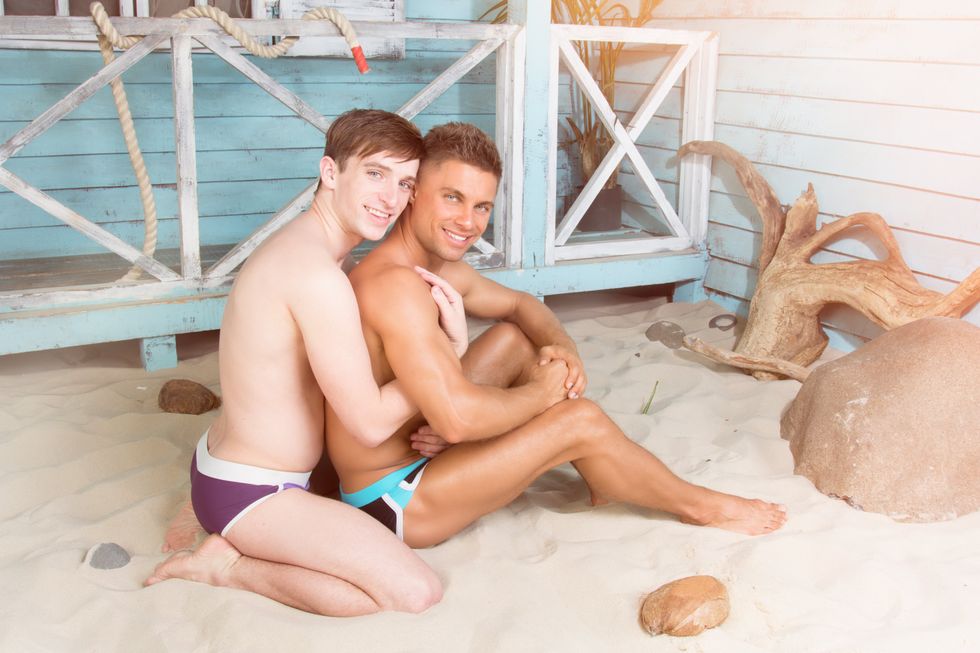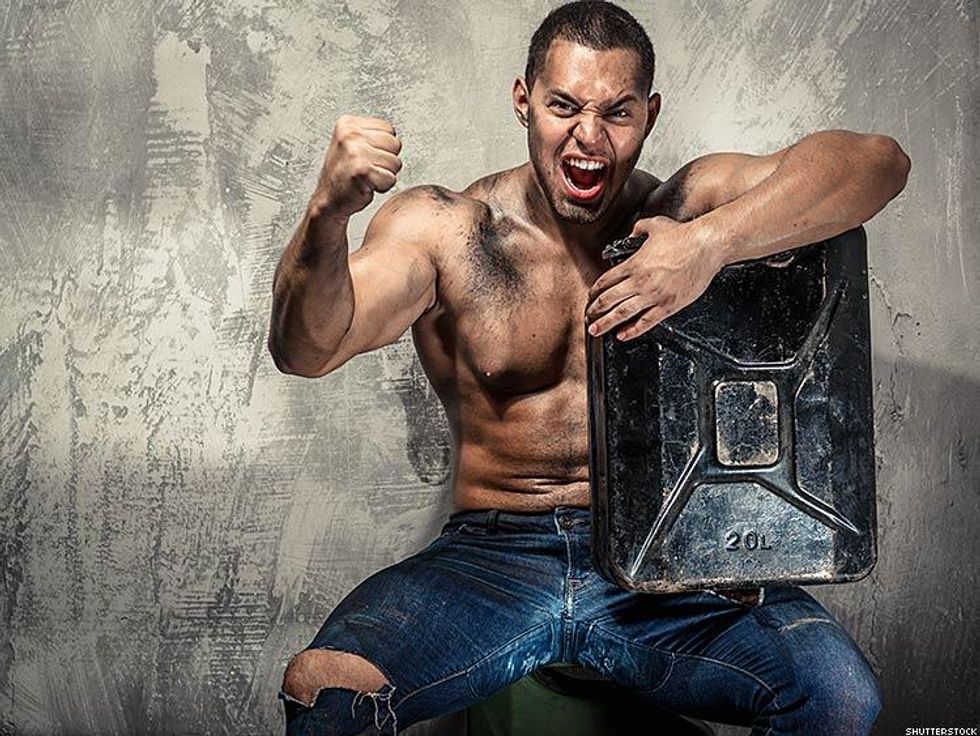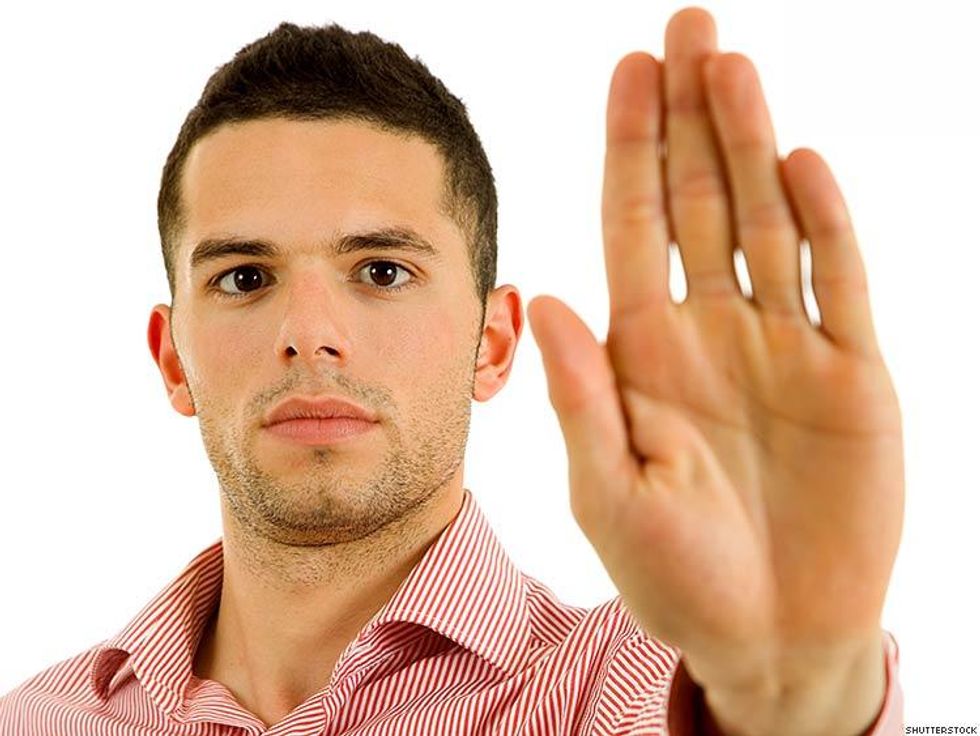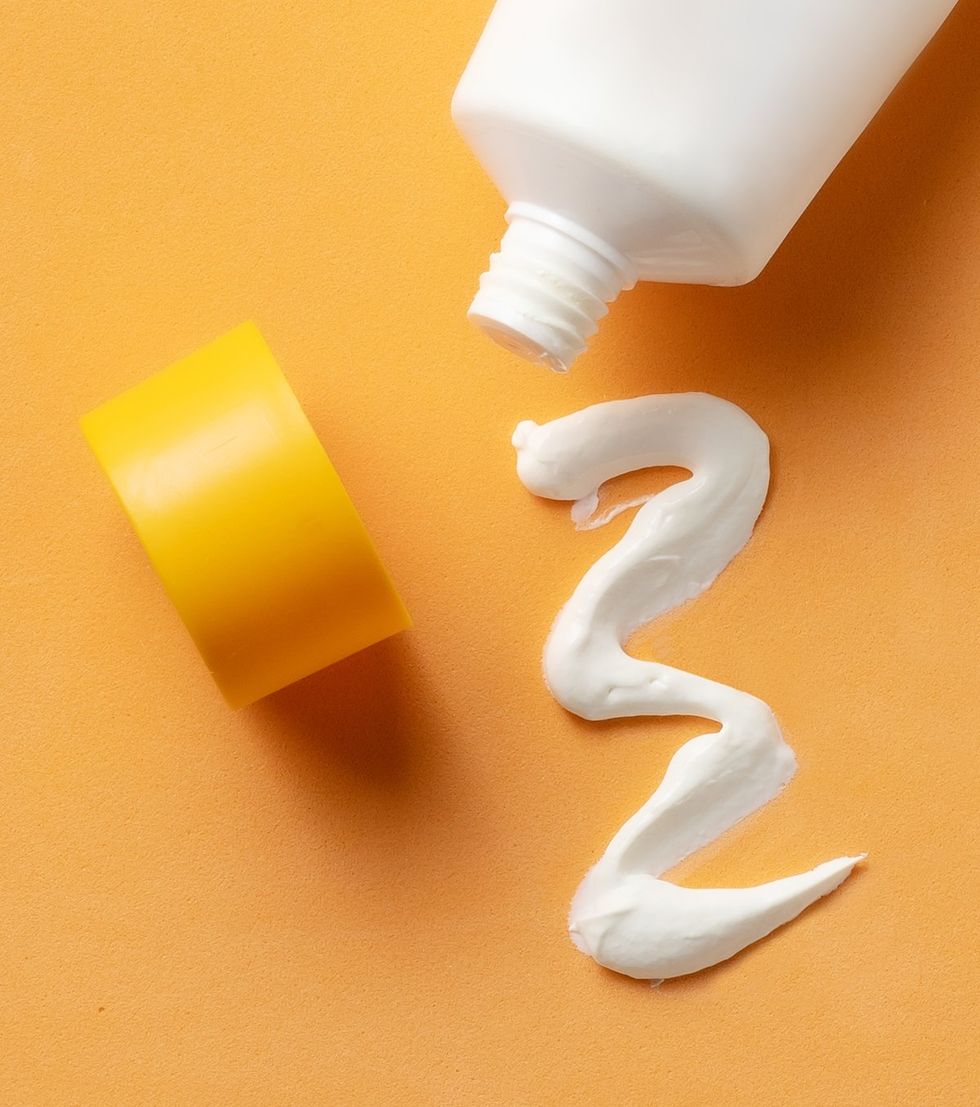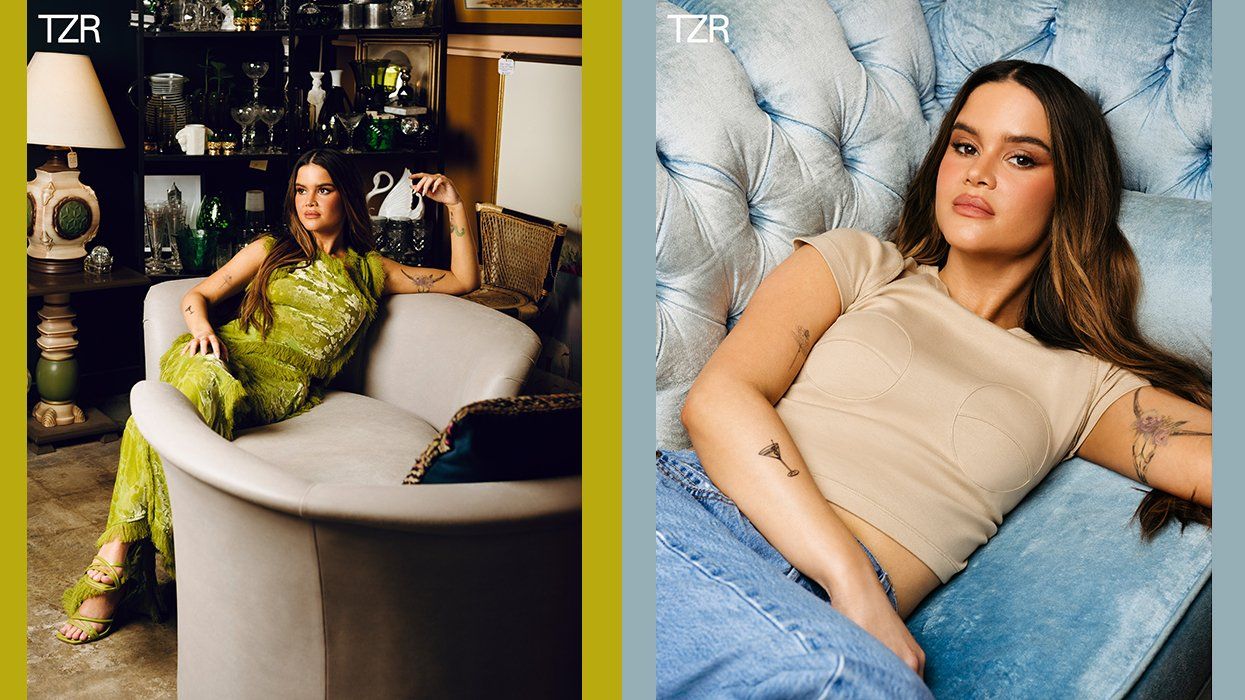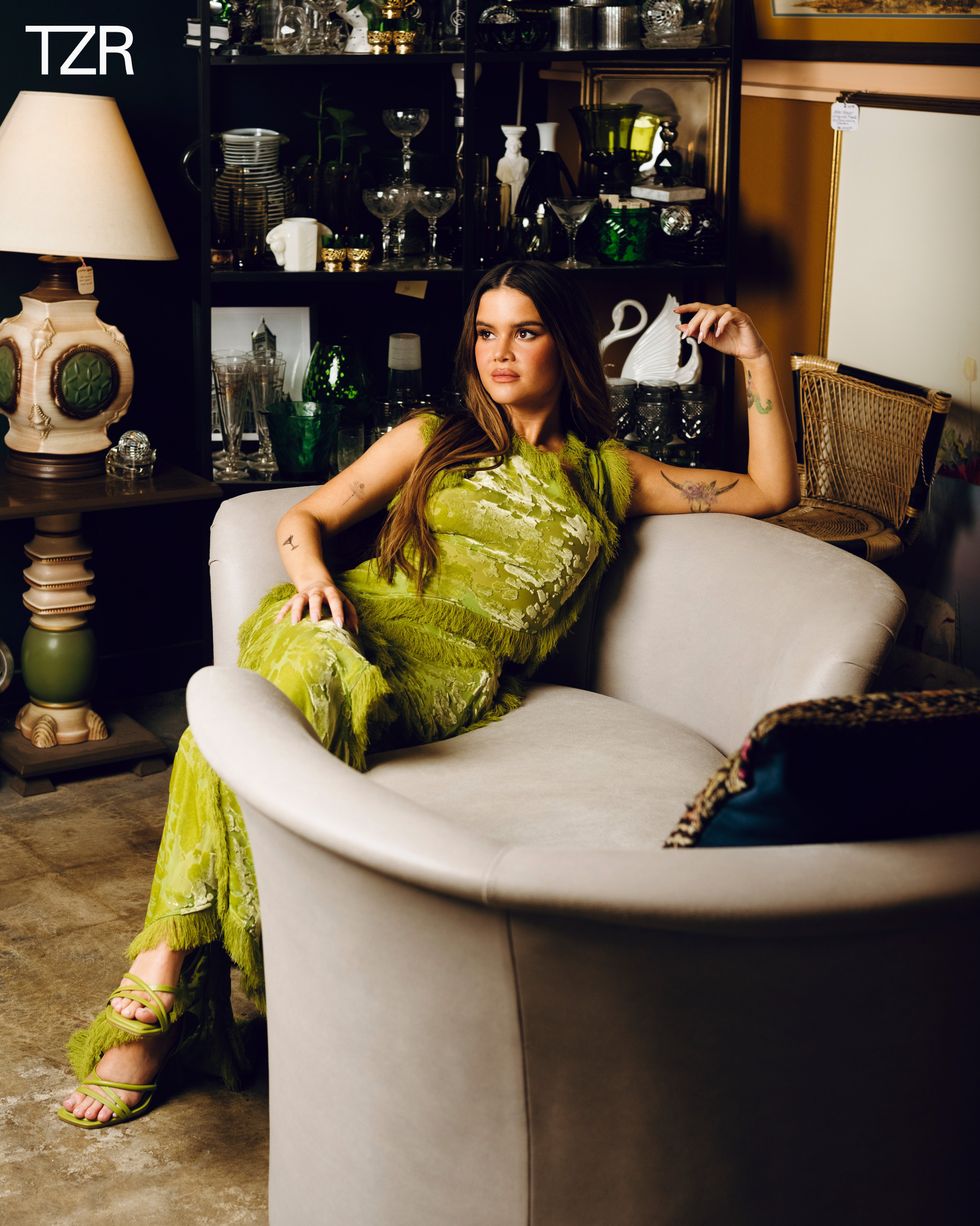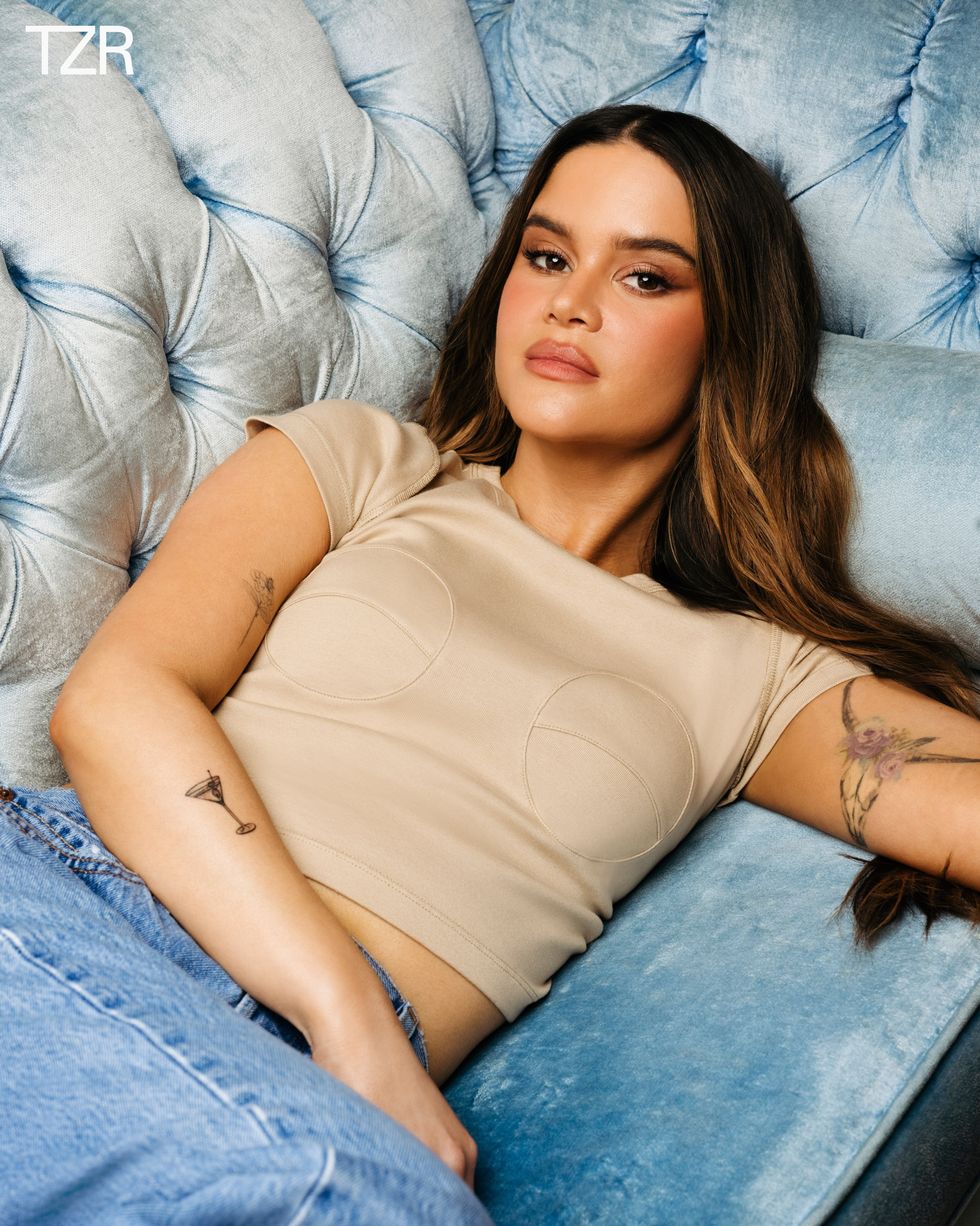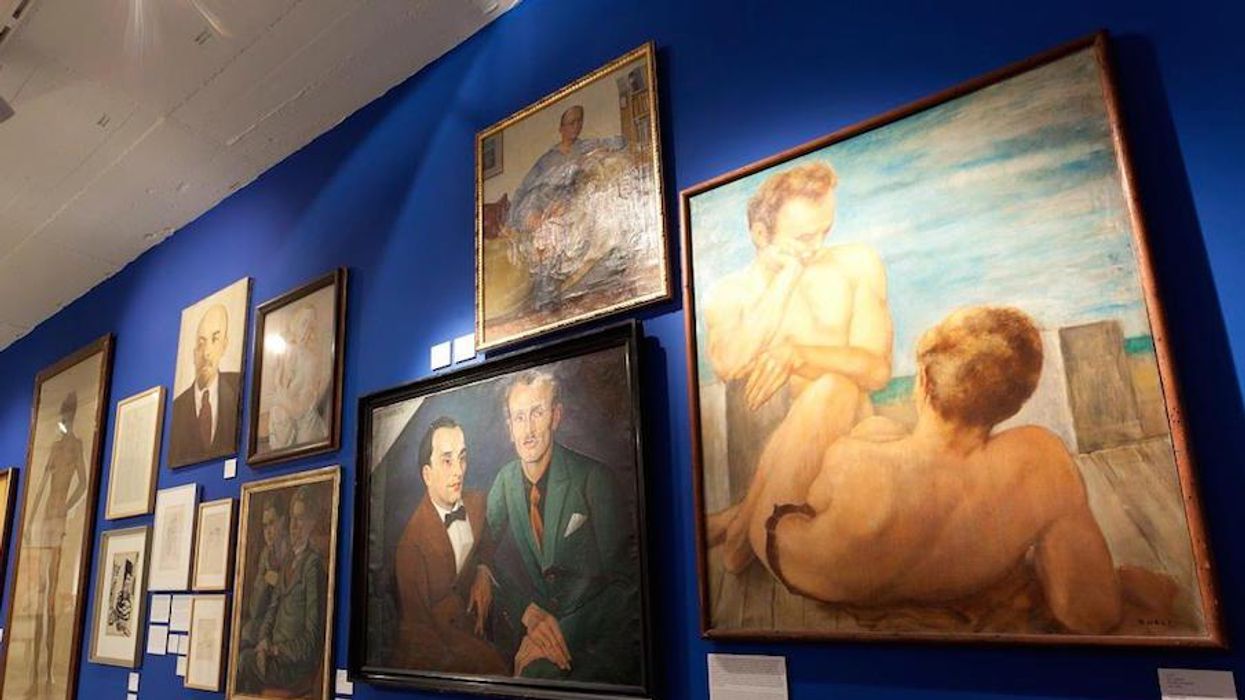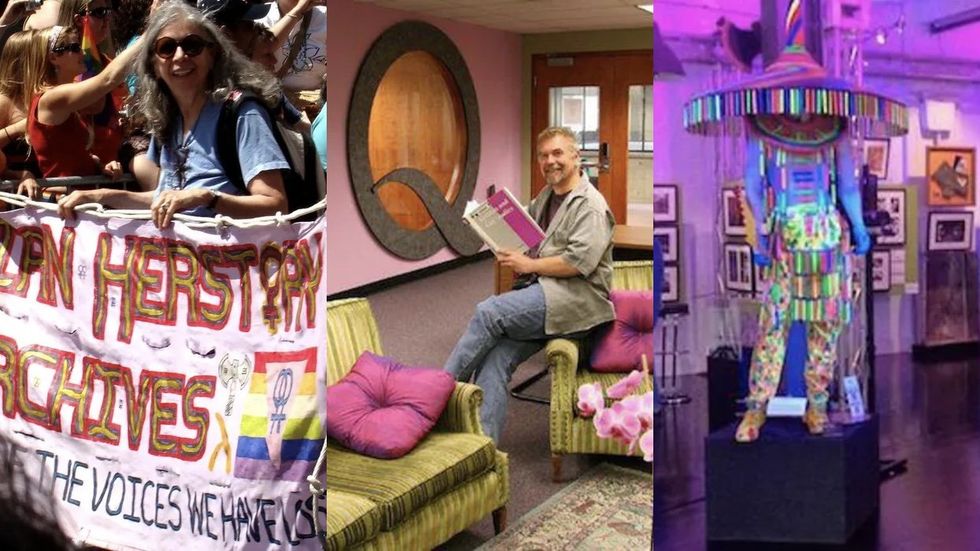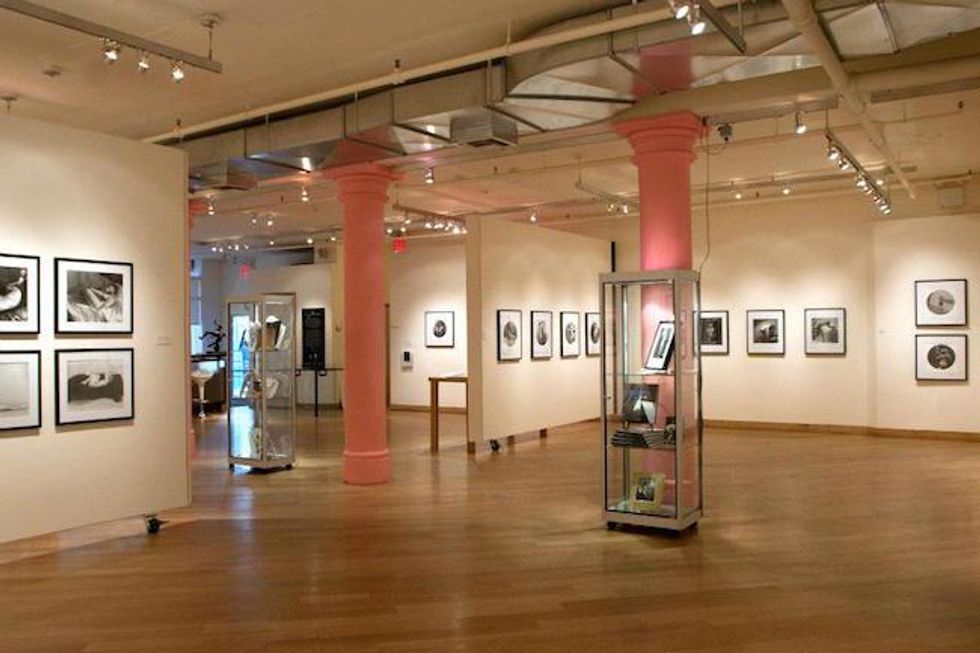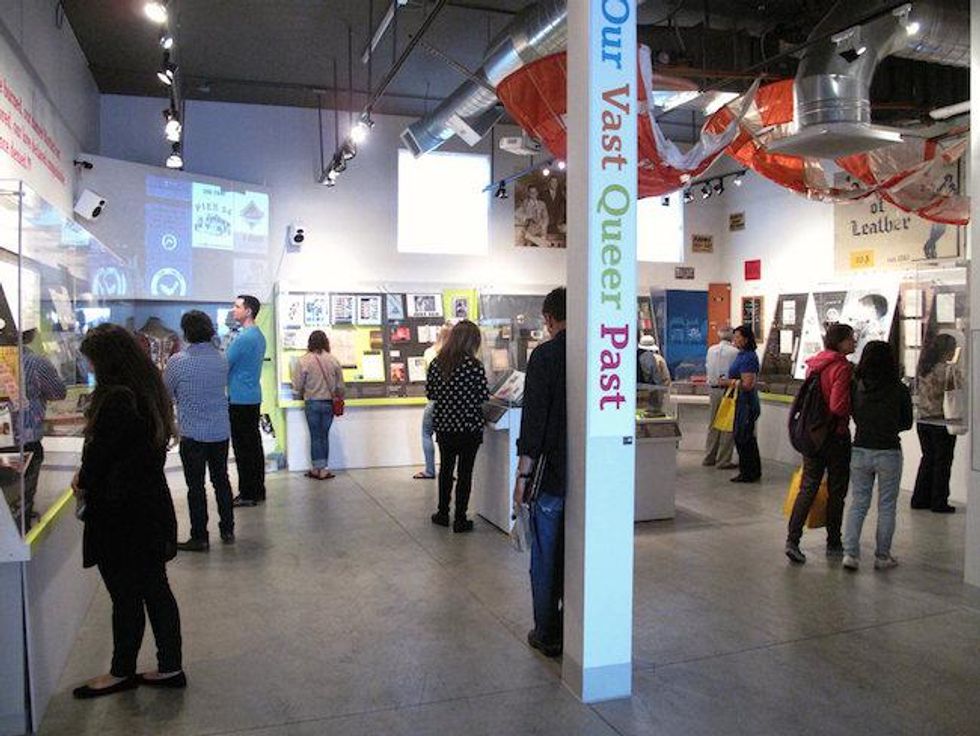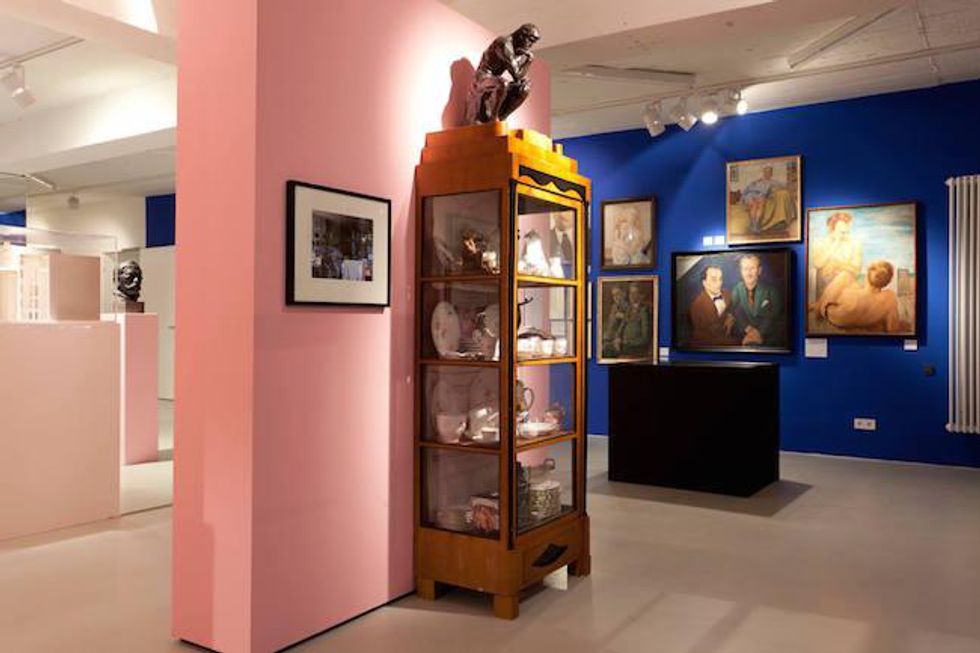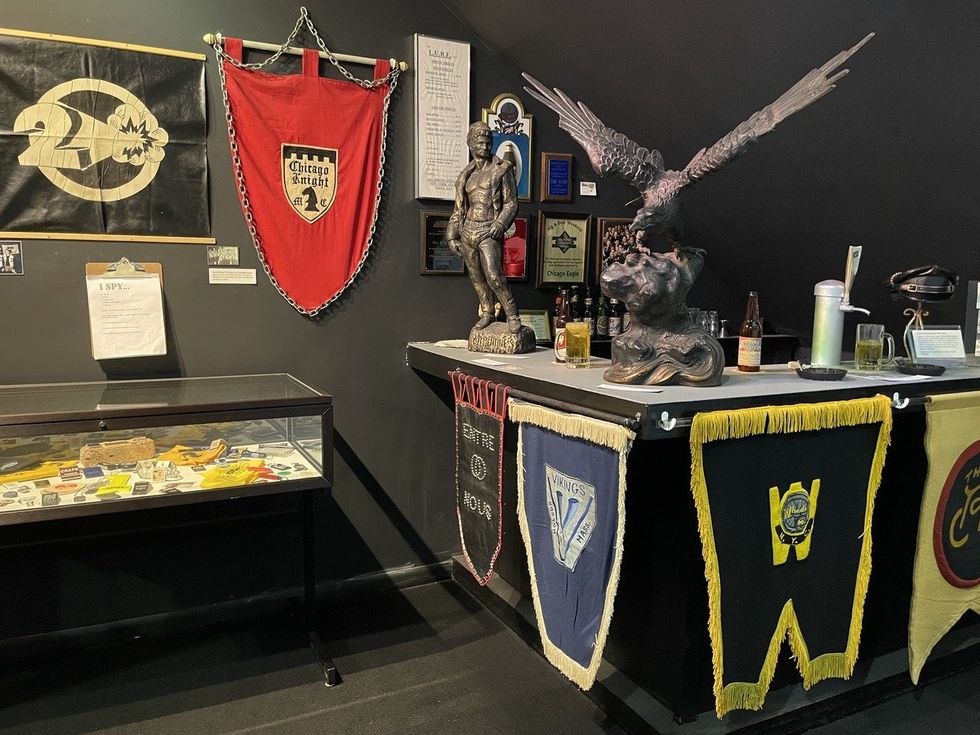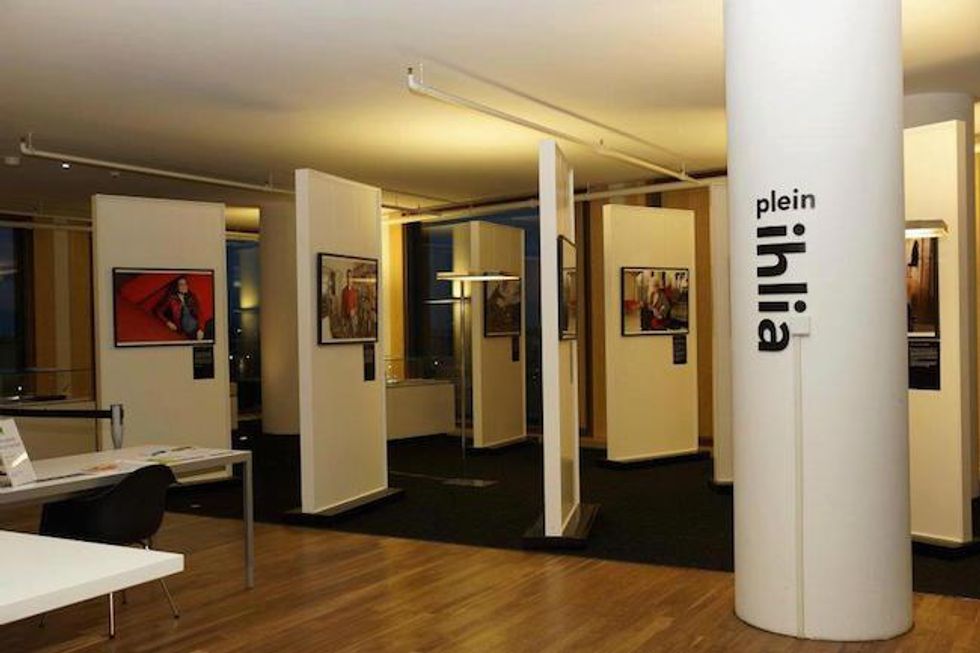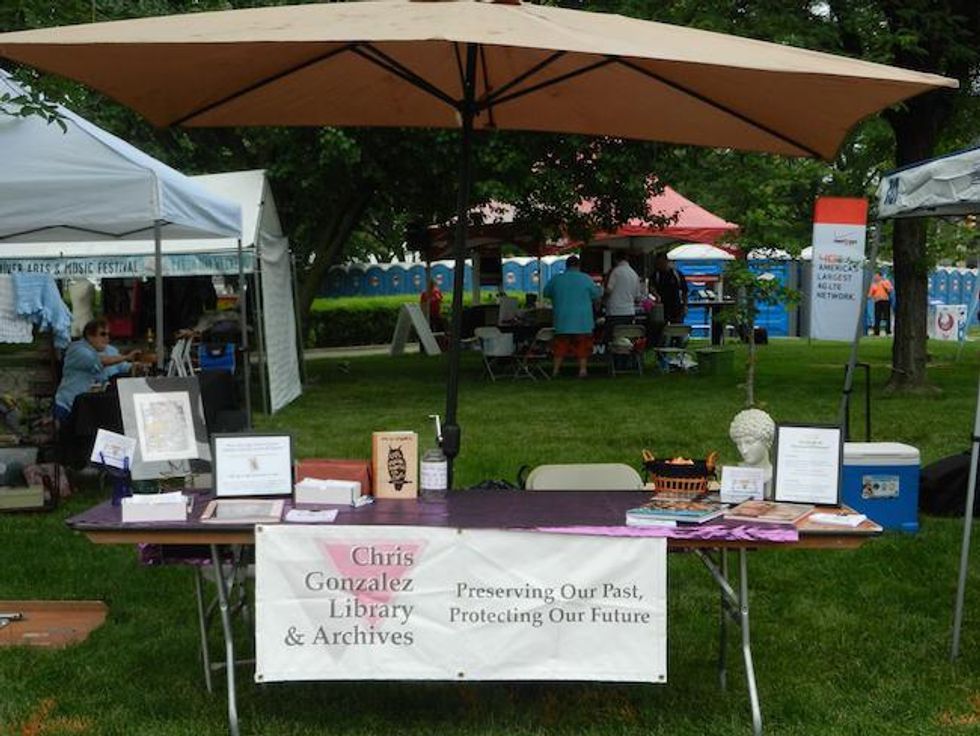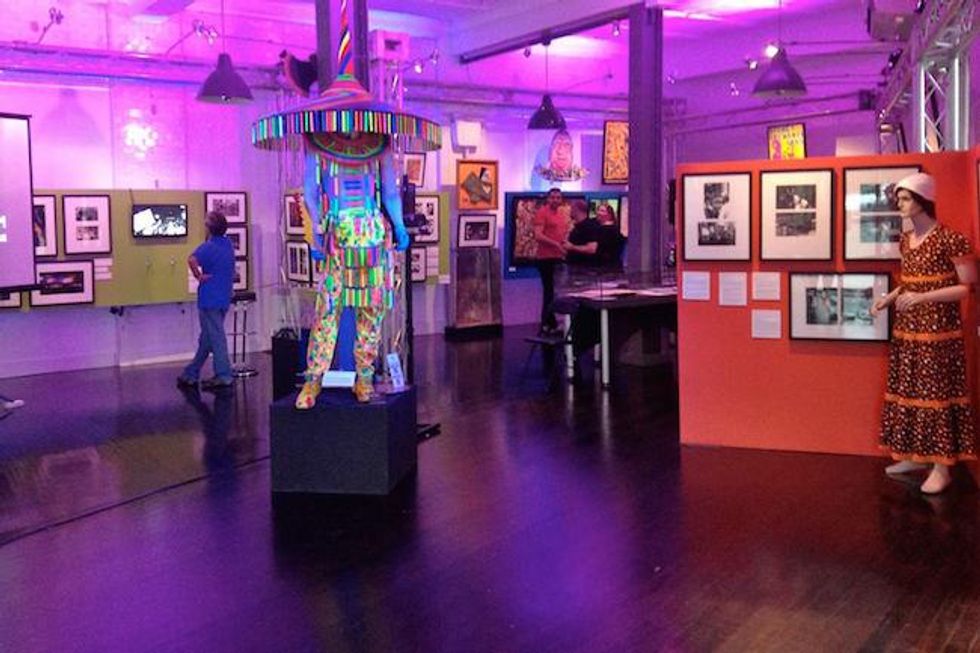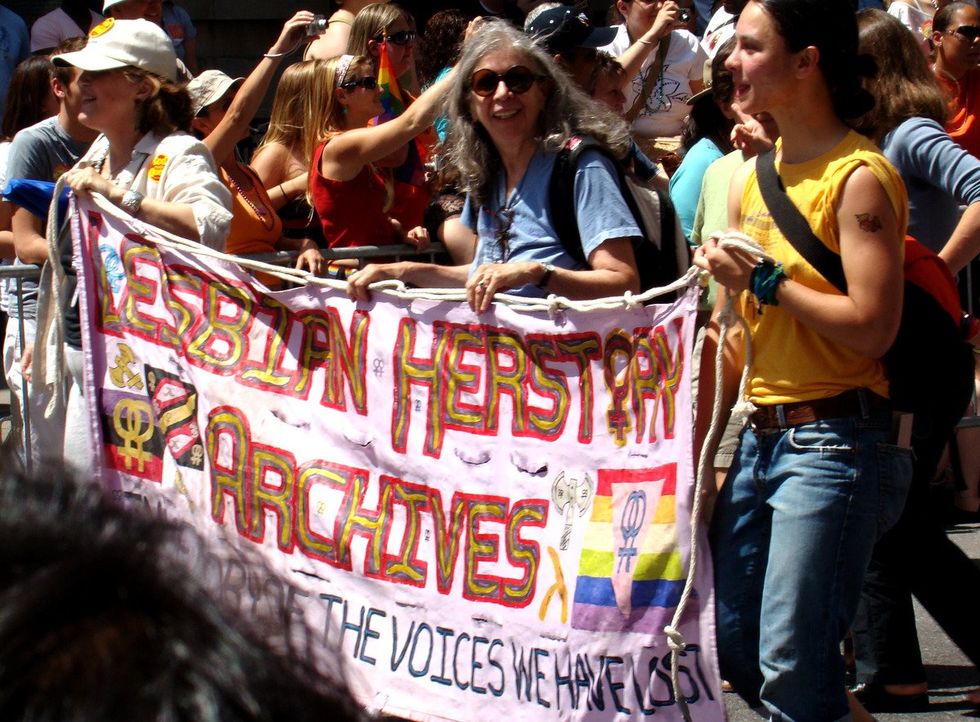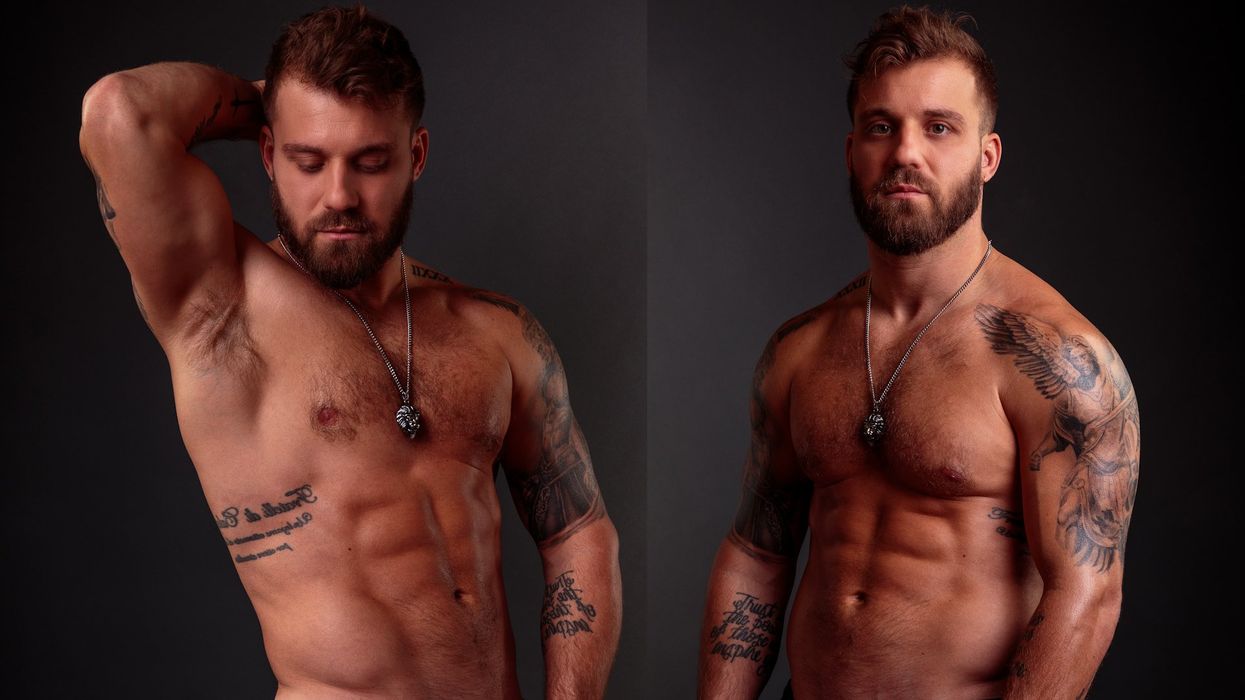It is not uncommon for people to tell me I cannot be pleased. They say I'm from a generation that's never happy — that we're always complaining about something, always being too sensitive about things. People tell millennials we're easily offended and addicted to activism, senselessly throwing ourselves behind cause after cause.
On an individual level, people often connect this trait to me and my identity as a bisexual. When I get upset over a misplaced bi joke or insensitive heteronormative wording, I am told, "Well, what was I supposed to say? I can't win with you!"
I admit to being sensitive. I admit to being more easily offended than some. What I do not admit to is being unreasonable.
Of course, you can win with me. Of course, you can win with other millennial bisexuals.
In fact, here's a playbook on how to be less biphobic, a better ally, and to help us feel more comfortable in our world. Basically, here's a playbook on how to win:
1. Don't mislabel.
One of the most frustrating things about being bi is other people constantly labeling you and often labeling you incorrectly. In heterosexual groups, we get treated like the token gay, and people seem to forget that we also like people of different genders than ourselves. In homosexual circles, it's the opposite. We get treated like we're not queer enough.
Think about Orange is the New Black, and how Alex says that what's happened between her and Piper is her fault because rule number one is "never fall for the straight girl." But Chang, who is straight, calls Alex and Piper "the lesbians." Either way, nobody is calling Piper what she really is: bisexual.
2. Don't make assumptions.
By now, we've all heard the bisexual stereotypes; we bisexuals are slutty, insatiable, inherently polyamorous, deceitful people. Obviously, these are not true.
Every community has their own set of BS stereotypes, and none of them are completely accurate.
3. Keep in mind one size doesn't fit all.
When faced with someone who doesn't fit perfectly into society's heteronormative roles, people get weird and they lump individuals together. This is when your straight friend sets you up with their only other gay friend because you two "would be great together" and "have so much in common," when in reality your similarities start and finish with your sexualities.
In the bisexual community, we see this in people putting traits they saw in one bi person onto every other bisexual they encounter after. Someone knew a person in high school who identified as bi, but then identified as lesbian later; now that person thinks all bisexuals are going to pick a side eventually. Perhaps someone met a bisexual who was polyamorous and now assumes all bisexuals are polyamorous. Maybe someone had a bisexual partner cheat on them and now they think all bisexuals are cheaters.
All of us are not anything besides bisexual.
4. Include us.
Rhetoric often forgets the bisexual. Relationships with two men are "gay" relationships, while two women getting married happens at what's called a "lesbian wedding."
More often that not, we'll go along with it because in the moment it doesn't seem like that big of a big deal, but over time it does get very, very old and vaguely discouraging.
5. If you're confused, ask. Respectfully.
For a lot of people bisexuality is hard to grasp. Obviously, it comes naturally to those of us who identify as bi, but we understand that it can be puzzling to monosexuals. Because of that, most of us are going to be okay answering your questions, as long as we can tell they come from a genuine and non-threatening place.
However...
6. Don't get crazy with it.
Odds are you don't want to be interrogated about your sex life, and neither do we. Keep it appropriate. Ask a question or two, and leave the rest to Google.
There are the plays. Now go out and win the game.
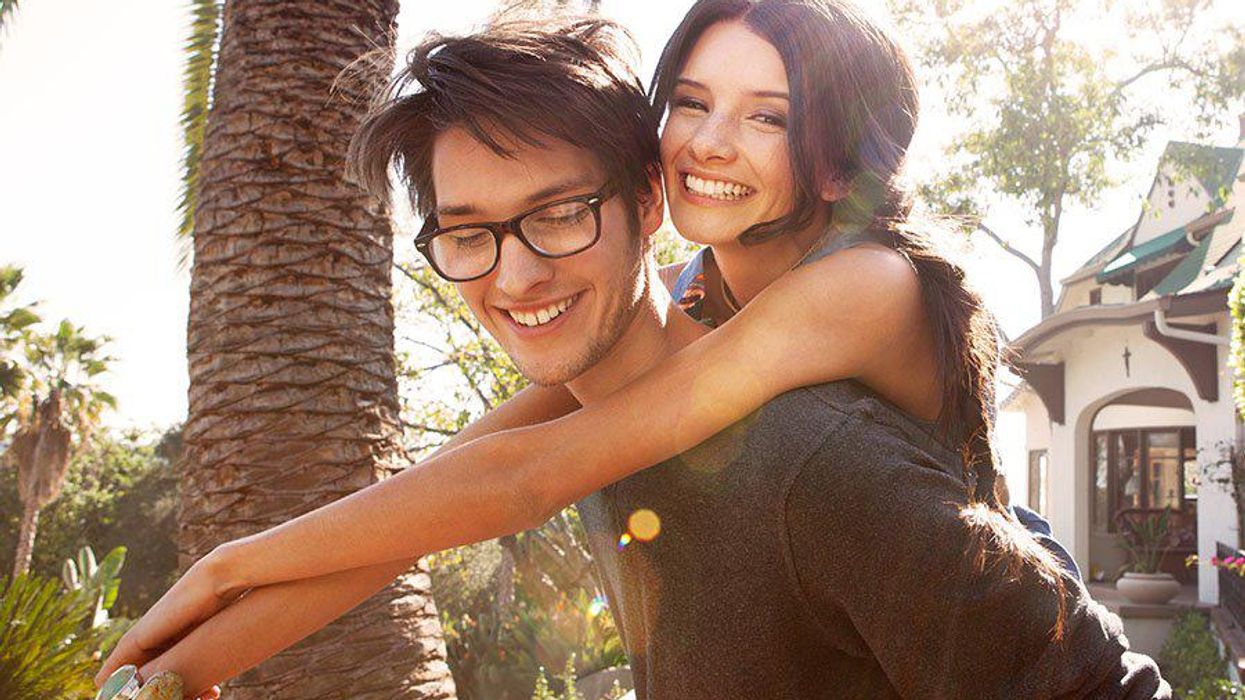













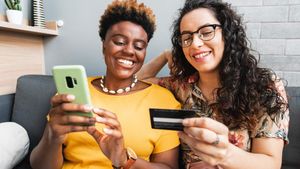

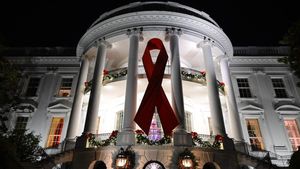
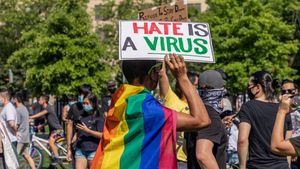
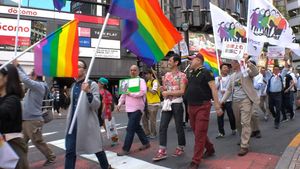










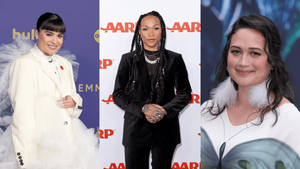


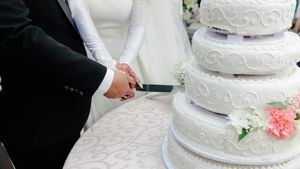






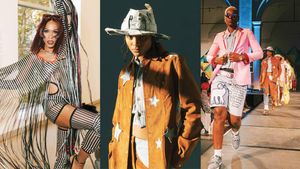




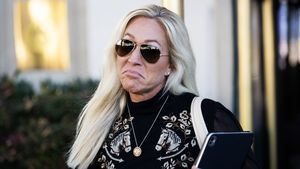

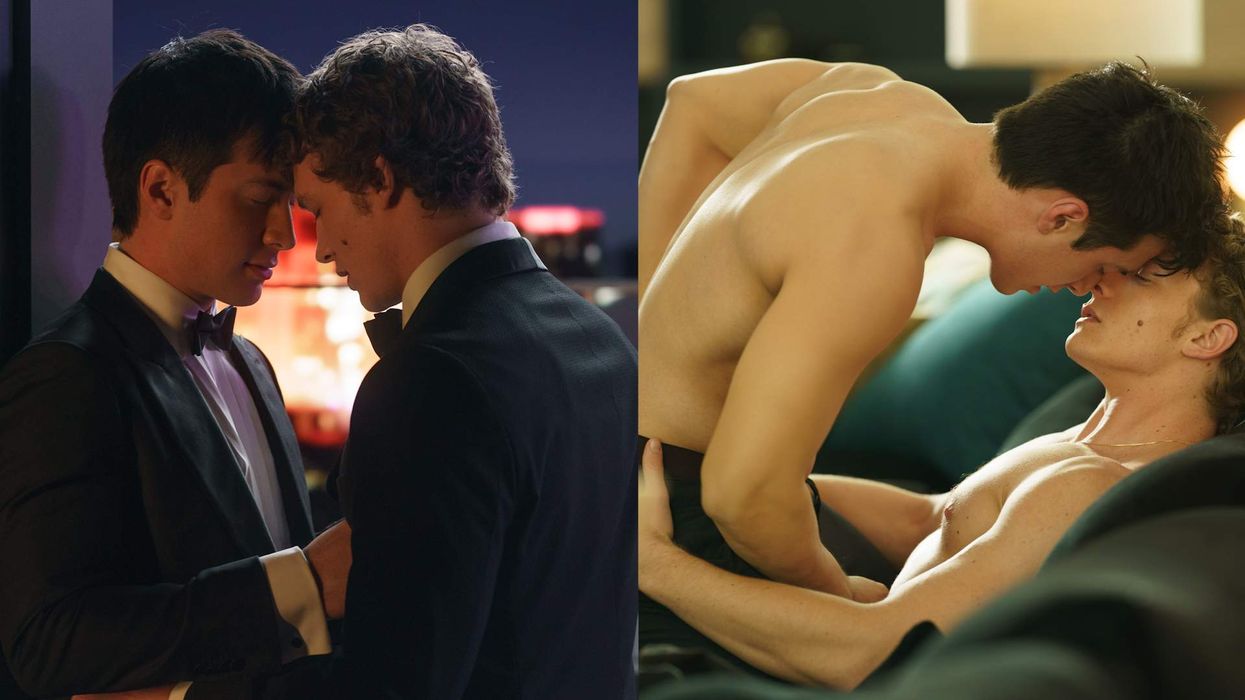
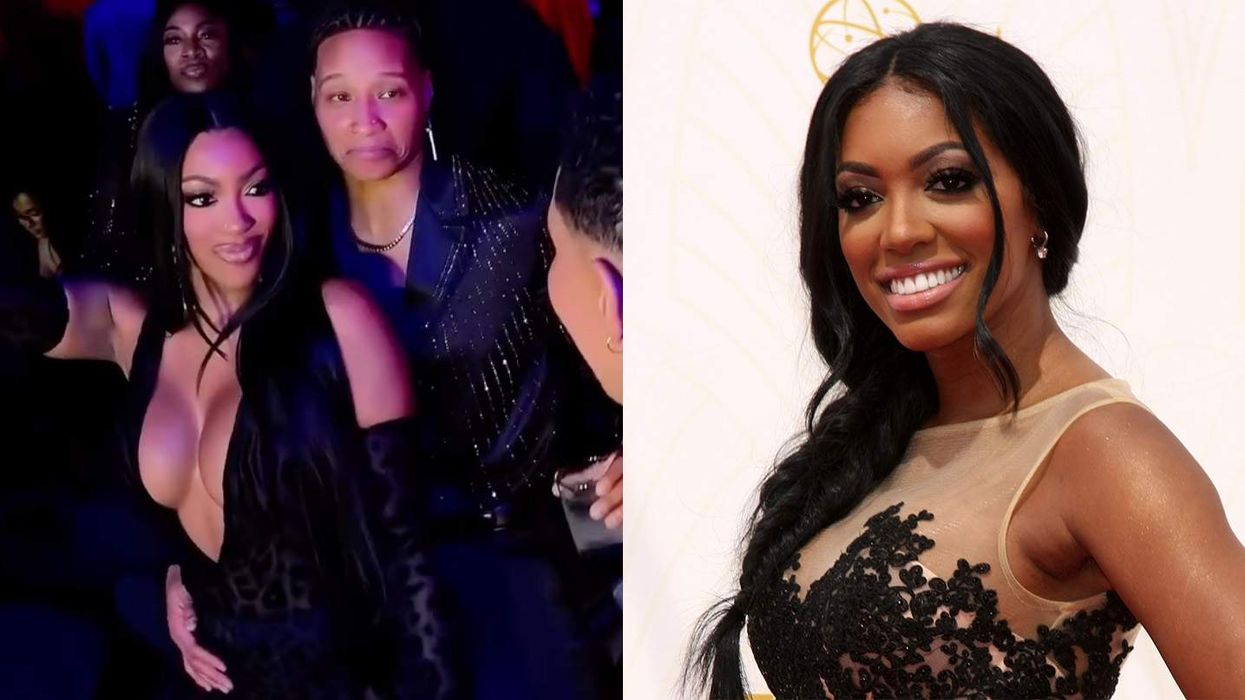

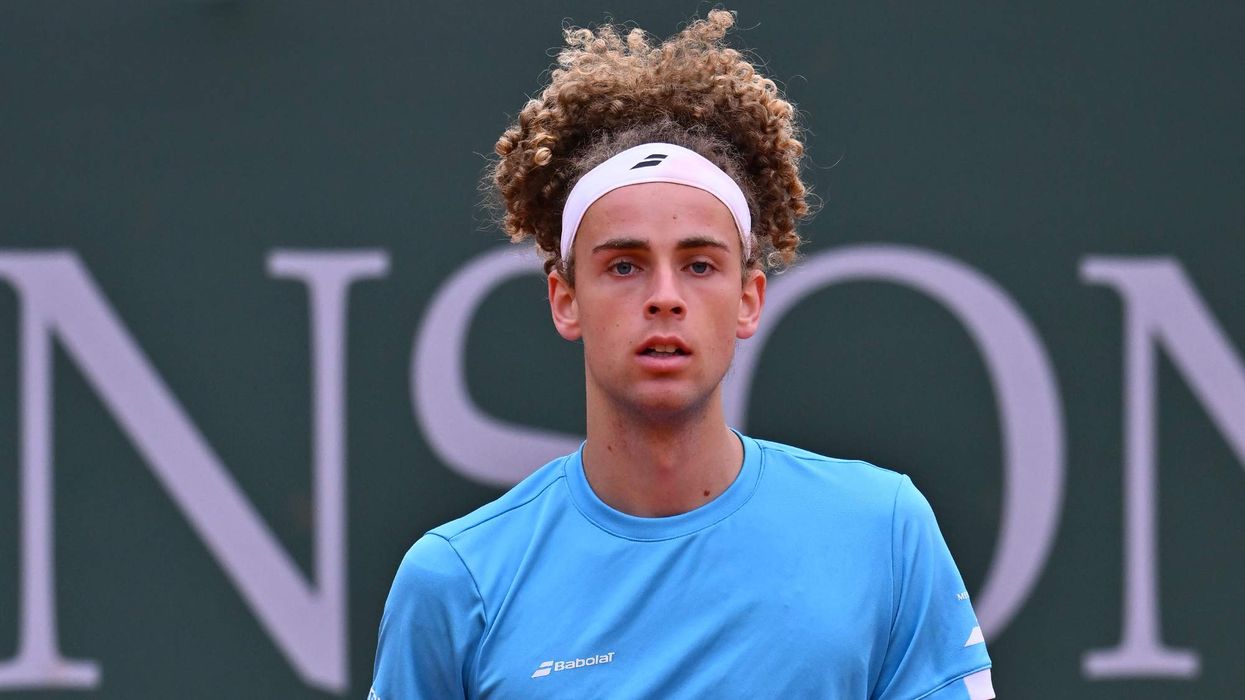
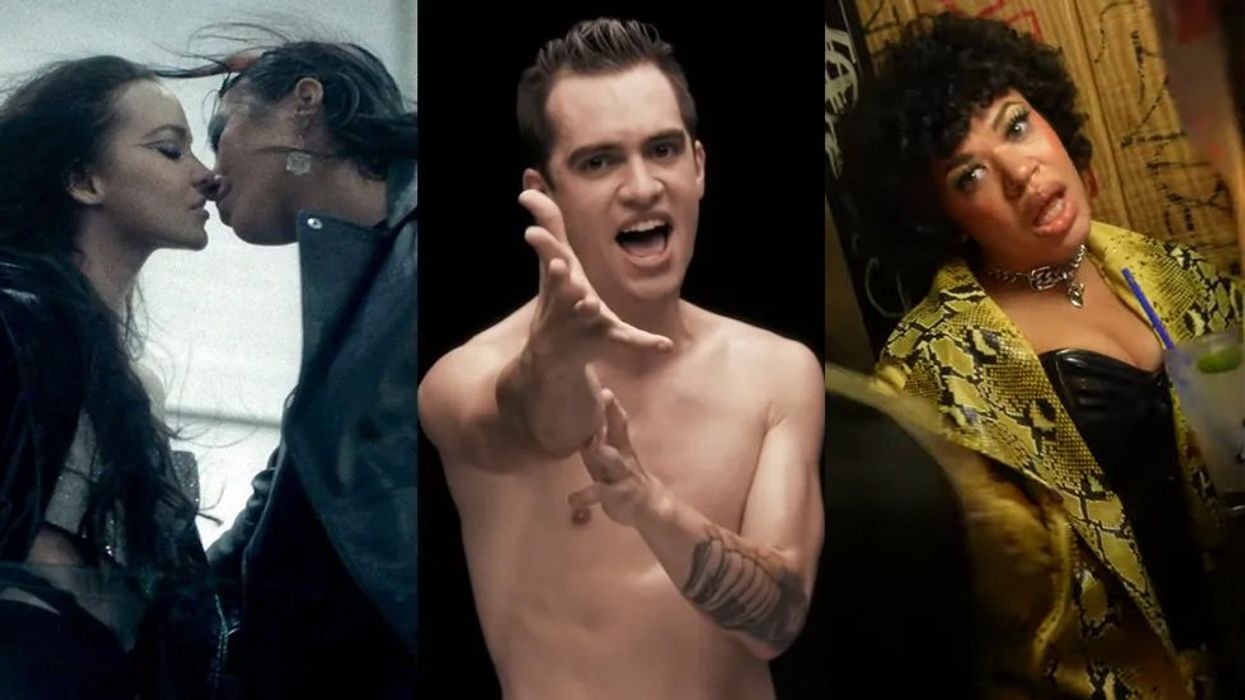
 35 bisexual pop anthems we have on constant repeatYouTube.com/Binoy
35 bisexual pop anthems we have on constant repeatYouTube.com/Binoy
